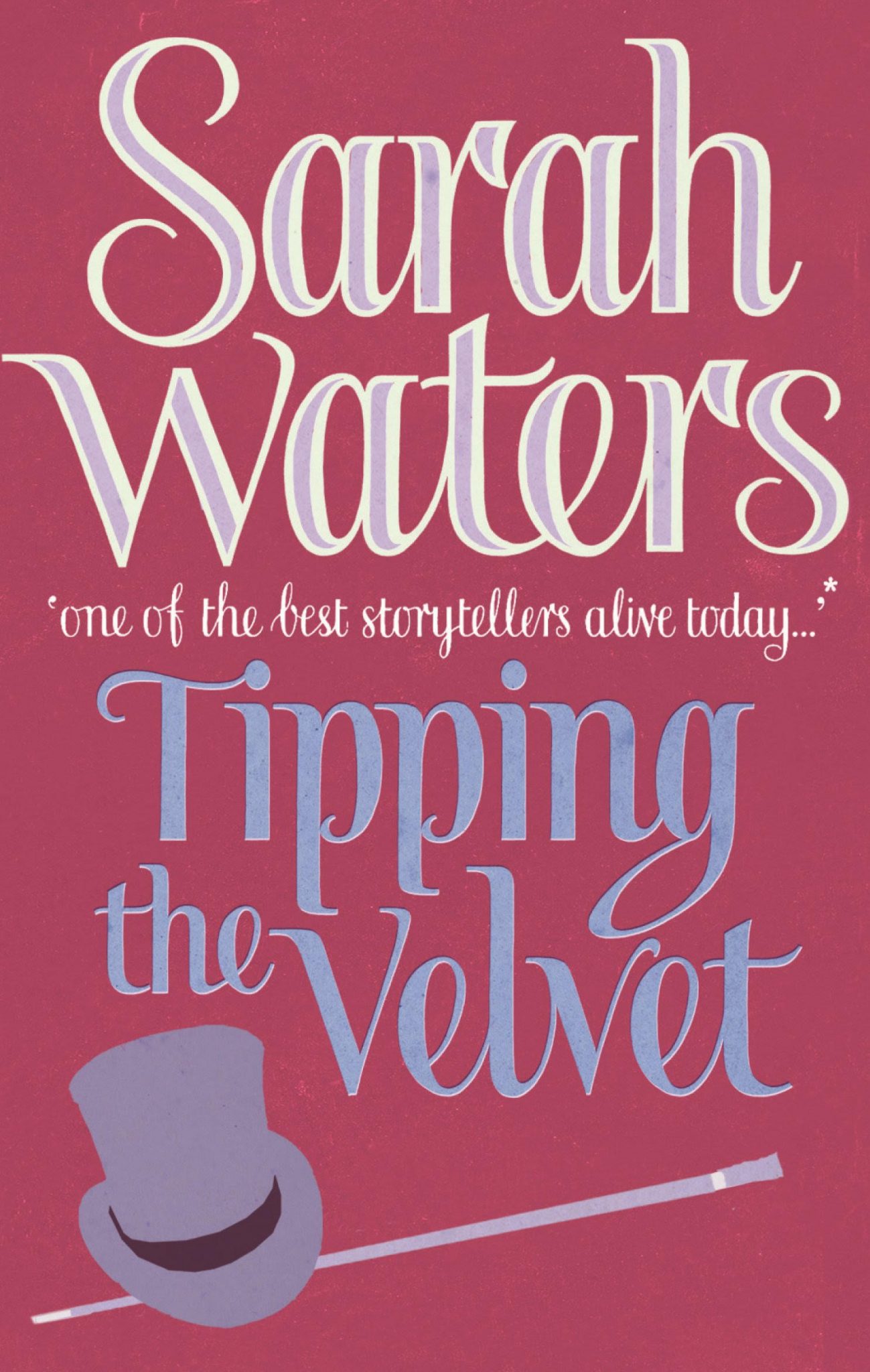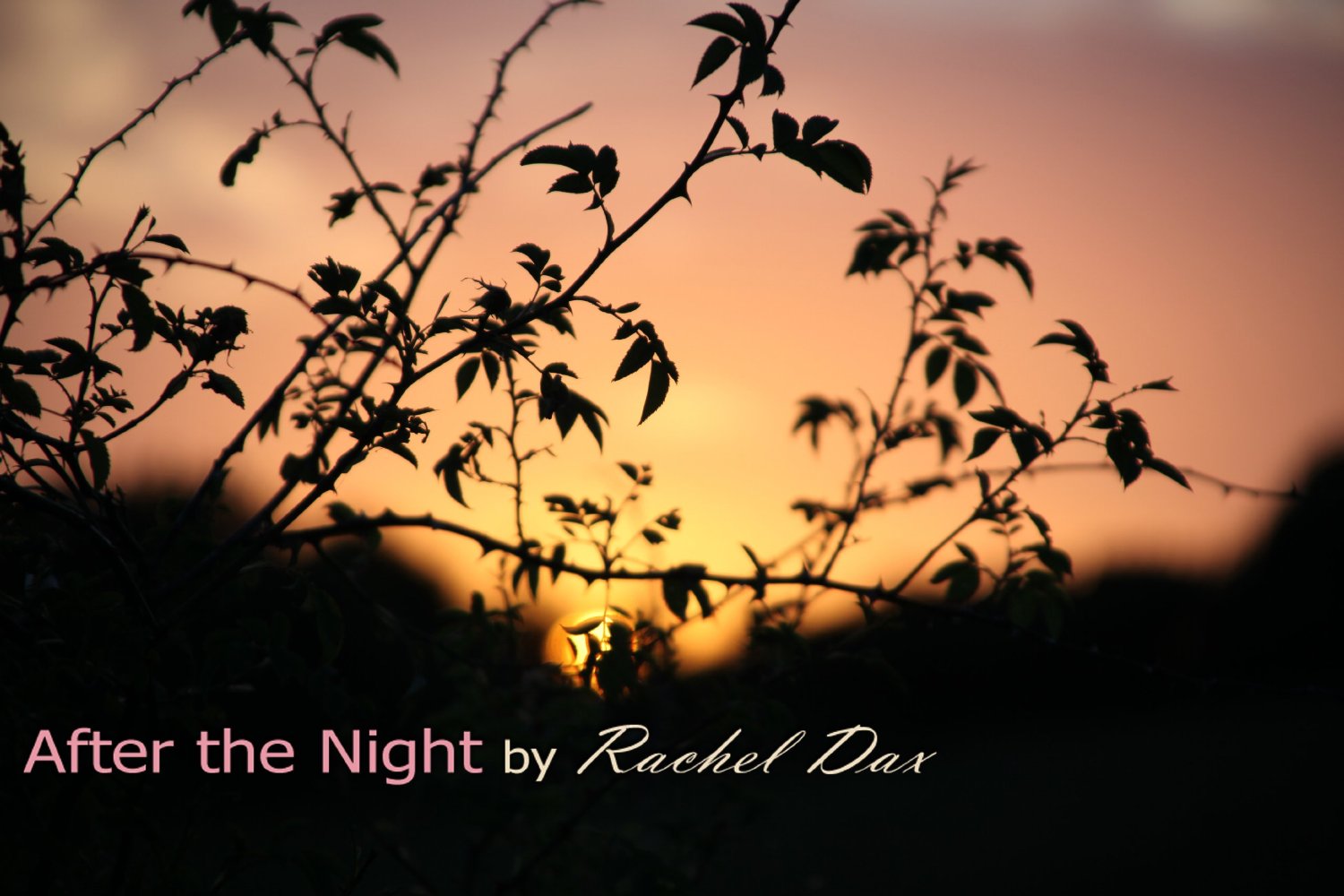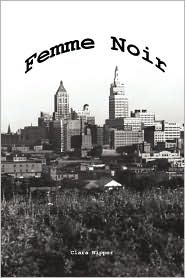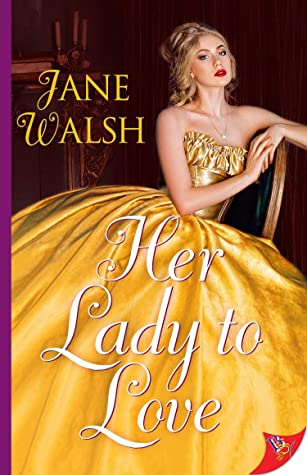When I was just 30 pages in, this is the review I was considering writing for Tipping the Velvet: This book is so sweet I can barely stand it. The end. At this point I had hoped that the entire book would be a drawn out tale of Nancy and Kitty falling in love, staying in love, and laying in bed eating pie without a care in the world. Of course, Sarah Waters tells a much more interesting story.
Spoilers ahead.
Nancy, the protagonist, narrates the story. Born and raised in a small town by the sea called Whitstable, working in the family’s oyster restaurant, she lives a fairly unremarkable life until the day that she sees a male impersonator named Kitty Buttler perform at the local music hall. Nancy finds herself compelled to return to the music hall over and over, night after night, in order to watch Kitty perform. Eventually Nancy and Kitty meet and strike up a close friendship, while Nancy begins the bewildering process of falling in love.
Sarah Waters describes this process with such innocence and tenderness, and so skillfully plays on the reader’s sense of expectation, that I felt myself reacting physically to the words on the page. I clearly felt the pang in my chest, the pull at my stomach, my heart in my throat when Nancy and Kitty finally–finally!–kiss for the first time. From this giddy moment of joy to the eventual wretched heartache, we, along with Nancy, are mired in the whirlpool of doubt and certainty that accompanies the terrible and wonderful descent into the heart of another.
When reading about that heartache, I felt it, too. So, at 134 pages, my review would have been more along the lines of This book is so sad I can barely stand it. Again, Waters artfully details the nuances of emotion that accompany the anguish of heartbreak. That personal hell we’ve each experienced, in which you’re so steeped in despair that it’s all you can do to provide yourself with the necessities of life from one day to the next. I see that torment mirrored in Waters’ words. I can’t do them justice here. You have to read them for yourself.
Although the plot takes wildly unexpected turns, I feel that the characters always stay true to themselves. Nancy is vain, sometimes conniving, and seems to piece together her identity from the expectations of those around her. We do, however, see some flashes of self-actualization. For instance, when looking for new lodgings, Nancy is drawn to an advertisement for a room which reads Respectable Lady Seeks Fe-Male Lodger. She explains, “…there was something very appealing about that Fe-Male. I saw myself in it — in the hyphen.”
Waters’ descriptive ability provides specific information that allows for the reader’s senses to respond to the words on the page. The book opens with Nancy describing Whitstable oysters, and my mouth felt saturated by their description. Waters specializes in the details, creating three dimensional scenes for us to walk around in while we read her words. I didn’t realize that I had finished the book until I read the last sentence. The story was so compelling right to the end that its conclusion, although satisfying, snuck up on me.





thefeatheredsleep says
In my humble opinion, the bulk of lesbian-themed literature is not great. That’s also true of most modern literature. But Sarah Waters is a vast exception to this rule (along with some others, Jane Rule et al) because whilst she is very much writing lesbian-themed literature in the majority of her books, she doesn’t focus the book on that, she focuses the book on her accuracy and incredible recall of history and the sexuality of the protagonists, whilst important, is incidental to the sheer gravitas and beauty of the books she writes. That’s because she’s first and foremost a story-teller. A weaver of words. She also knows how to dip into history in such an accurate way it’s uncanny. For those of us lesbians who longed for depictions of ourselves in historical favorites such as Wuthering Heights, I think Waters gives us that with both Tipping the Velvet, Affinity and Fingersmith.
For me, that was the key, finding myself in the past, depicted through her marvelous rendering of an imagined lesbian past. Of course we know lesbians existed in the past but aside Radcliffe Hall we have precious few sources. I used to love Virago Press for that exact reason, giving us lost classics by women, but there is just not enough of lesbian literature pre-1920 to claim such a press. Waters is the true heroine of the lesbian literary scene for this and other reasons. Her talent transcends gender and sexuality because I know many heterosexuals who loved equally these rich books for their history and their captivating storylines.
Without doubt, alongside Carol (The Price of Salt) by Highsmith, this would be one of the most worthy and well written books for lesbians by a lesbian.